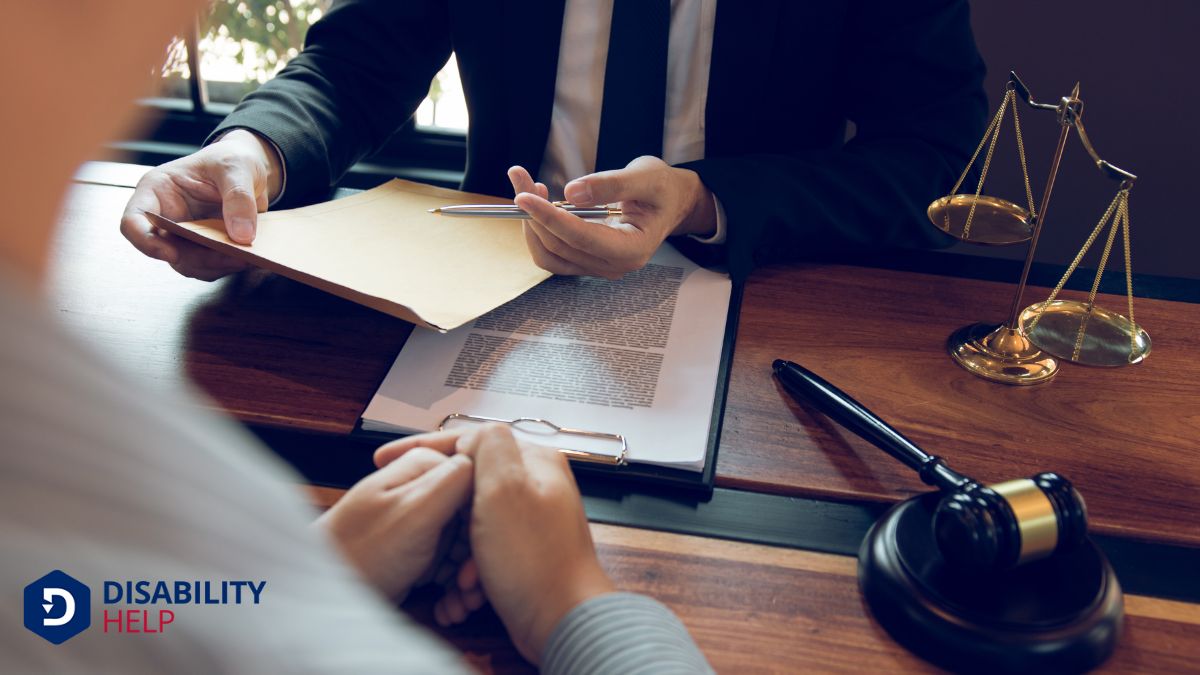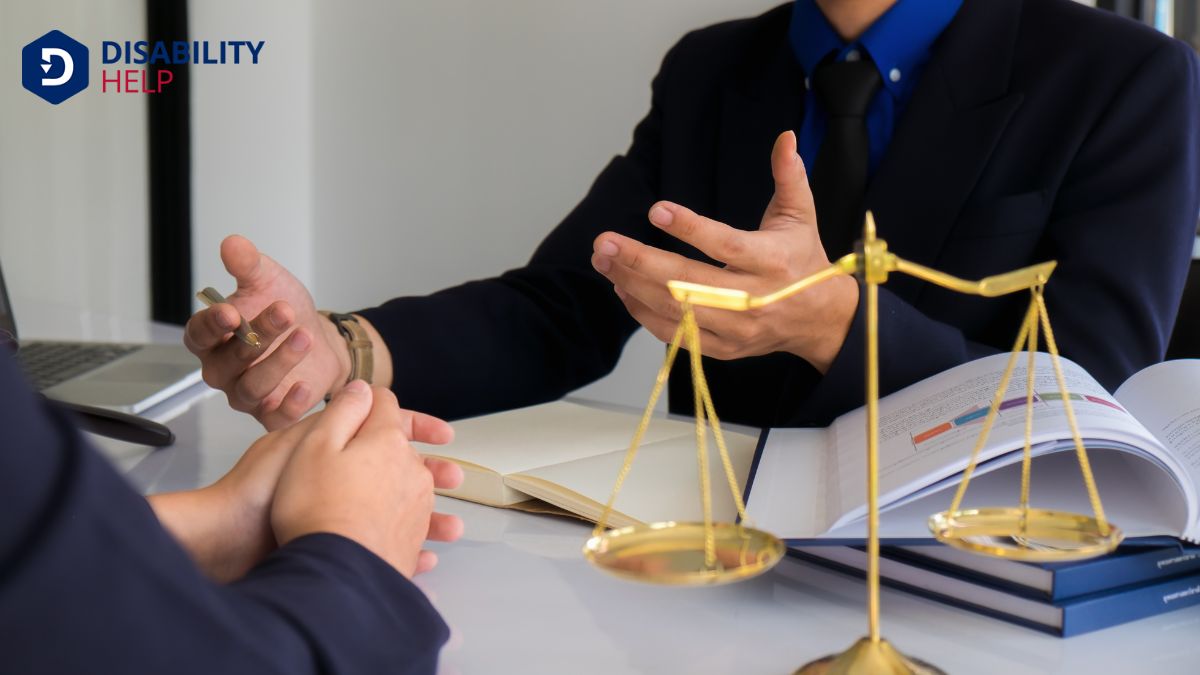When we commence on a personal injury case, the timeline can feel uncertain. We often wonder how long it might take to reach a resolution. Factors like the complexity of the case, the injuries involved, and the negotiation process all play a role. Sometimes, it’s swift; other times, it drags on. Let's explore the steps involved and what they mean for the duration of your case.
Key Takeaways
- The duration of a personal injury case varies based on complexity and negotiation success.
- Initial consultations and evidence gathering can take weeks to months.
- Medical treatment and documenting injuries are crucial and can extend timelines.
- If negotiations fail, filing a lawsuit and discovery can add several months.
- Trial preparation and proceedings may extend the case duration significantly.
Initial Consultation and Investigation

When we begin the process of a personal injury case, the initial consultation and investigation are essential steps. During this phase, we meet to discuss the details of the incident, reviewing what happened and how it has affected us. This meeting allows us to establish a foundation for our case, ensuring we address all relevant issues.
We gather evidence, like photographs, witness statements, and police reports, to support our claims. This evidence helps us understand the circumstances and strengthens our position.
We also identify potential parties responsible for our injuries. By thoroughly investigating, we uncover all possible avenues for compensation. This stage is critical as it sets the tone for the rest of the case, enabling us to proceed with confidence and clarity.
Medical Treatment and Documentation
As we move forward in our personal injury case, obtaining medical treatment and thorough documentation is imperative.
We must guarantee that our injuries are properly treated and documented by healthcare professionals. This step is essential because it provides a clear record of our injuries and the impact they've had on our lives.
Medical records, bills, and doctor's notes will serve as critical evidence when we present our case. Let’s keep a detailed record of all appointments, treatments, and prescriptions.
It's also important to follow medical advice and complete all recommended treatments. This diligence not only aids our recovery but also strengthens our case by demonstrating the seriousness of our injuries and our commitment to getting better.
Negotiation and Settlement Efforts
Now that we’ve gathered thorough medical documentation, we can shift into negotiation and settlement efforts. This phase involves us communicating with the insurance company on your behalf. Our goal is to reach a fair settlement that reflects the extent of your injuries and losses.
We’ll present the evidence, including medical records and any other supporting details, to justify our demand.
Negotiations can be a back-and-forth process, requiring patience and strategy. We’ll review any offers made and explain them to you, ensuring you understand each aspect before deciding.
While some cases settle quickly, others may take longer if the insurer disputes liability or damages. Rest assured, we’re committed to securing the best possible outcome for you, always keeping your best interests in mind.
Filing a Lawsuit and Discovery Process
If negotiations don't lead to a satisfactory settlement, we will proceed to file a lawsuit to protect your rights and pursue fair compensation. This step officially begins the litigation process.
After filing, we enter the discovery phase, where both parties exchange information. This phase is essential because it allows us to gather evidence supporting our case. We’ll request documents, engage in written questions known as interrogatories, and conduct depositions to get sworn testimonies from involved parties.
The discovery process takes time and varies depending on each case's complexity. It’s a critical step in building a strong case, ensuring we've all necessary details to advocate for your best interests.
Trial Preparation and Court Proceedings

While the discovery process lays the groundwork, our focus shifts to trial preparation as we approach court proceedings. We gather all necessary documents, review evidence, and plan our strategy. We might meet with expert witnesses to strengthen our case, ensuring their testimonies align with our narrative. This phase is essential because it determines how effectively we can present our arguments in court.
During court proceedings, we’ll attend pre-trial conferences where judges help narrow down issues and encourage settlements. If a settlement isn’t reached, we proceed to trial. Here, we’ll present evidence, call witnesses, and make arguments before the judge or jury.
Each step requires careful navigation, aiming for a favorable outcome. Our preparation directly impacts the case’s duration and resolution.
Conclusion
In our journey through a personal injury case, we've seen how each phase—from initial consultations to possible court proceedings—plays an essential role in determining the timeline. While we understand it can be frustrating not to have a definitive timeline, understanding the process helps manage expectations. Remember, each case is unique, and we’ll be there every step of the way, advocating for your rights and working diligently to secure the best possible outcome.






